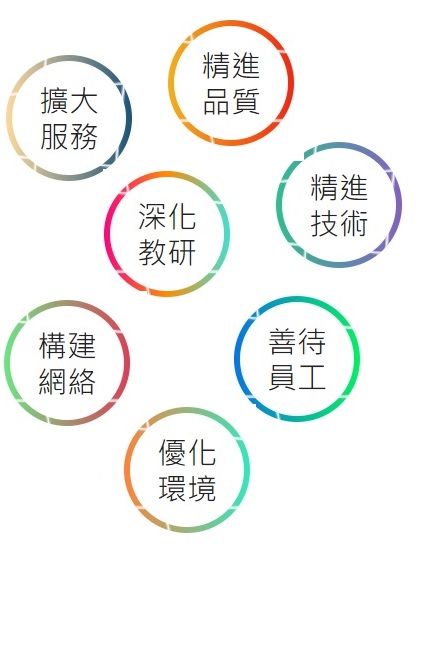發表期刊:
Nanomedicine: Nanotechnology, Biology and Medicine
(IF=4.2, Q2)
研究題目:
Transdermal nanolipoplex simultaneously inhibits subcutaneous melanoma growth and suppresses systemically metastatic melanoma by activating host immunity
作者列表:
Chia-Hung Chen, Tzu-Han Weng, Cheng-Hsun Chuang, Kai-Yao Huang, Sih-Cheng Huang, Pin-Rong Chen, Hsiao-Hsuan Huang, Ling-Ya Huang, Pei-Chun Shen, Po-Ya Chuang, Hsiao-Yen Huang, Yi-Syuan Wu, Hao-Chiun Chang, Shun-Long Weng*, Kuang-Wen Liao*
論文摘要:
Benefit for clinical melanoma treatments, the transdermal neoadjuvant therapy could reduce surgery region and increase immunotherapy efficacy. Using lipoplex (Lipo-PEG-PEI-complex, LPPC) encapsulated doxorubicin (DOX) and carrying CpG oligodeoxynucleotide; the transdermally administered nano-liposomal drug complex (LPPC-DOX-CpG) would have high cytotoxicity and immunostimulatory activity to suppress systemic metastasis of melanoma. LPPC-DOX-CpG dramatically suppressed subcutaneous melanoma growth by inducing tumor cell apoptosis and recruiting immune cells into the tumor area. Animal studies further showed that the colonization and growth of spontaneously metastatic melanoma cells in the liver and lung were suppressed by transdermal LPPC-DOX-CpG. Furthermore, NGS analysis revealed IFN-γ and NF-κB pathways were triggered to recruit and activate the antigen-presenting-cells and effecter cells, which could activate the anti-tumor responses as the major mechanism responsible for the therapeutic effect of LPPC-DOX-CpG. Finally, we have successfully proved transdermal LPPC-DOX-CpG as a promising penetrative carrier to activate systemic anti-tumor immunity against subcutaneous and metastatic tumor.

